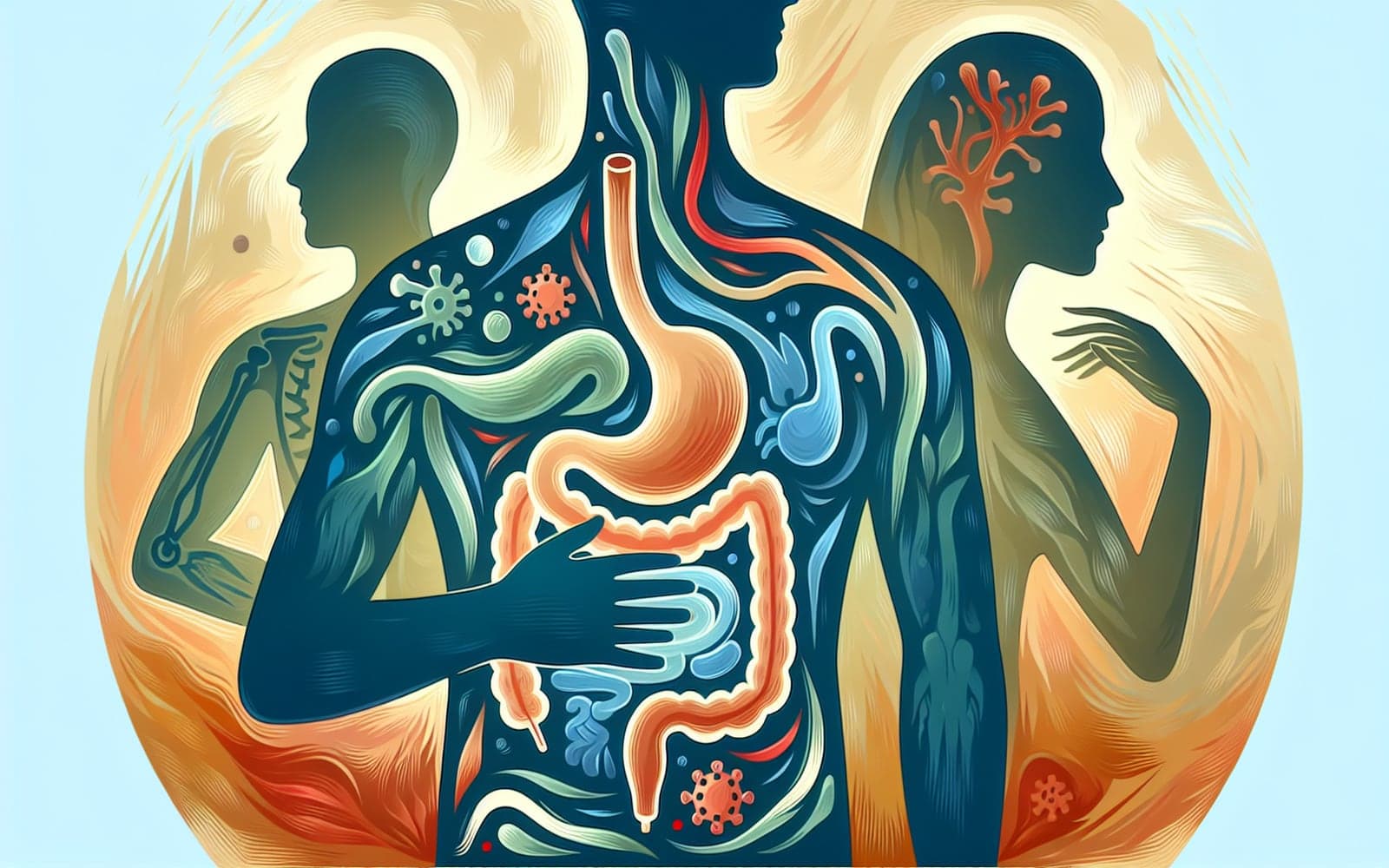Are You at Risk for Intestinal Ischemia?
Published: Feb 18, 2024
Understanding the risk factors for intestinal ischemia can help in taking preventive measures and seeking timely medical intervention.
Contents
Underlying Health Conditions
Certain health conditions, such as heart disease and peripheral artery disease, significantly increase the risk of intestinal ischemia. These conditions can lead to reduced blood flow or increase the likelihood of blood clots that can affect the intestines.
Lifestyle and Medical Interventions
Lifestyle factors like smoking, along with certain medical procedures and medications, can increase the risk. For example, surgeries involving the heart or aorta can lead to embolisms, while some medications may cause blood vessels to constrict.

Genetic and Rare Factors
Genetic predispositions, such as hereditary clotting disorders, can also be risk factors. Rare conditions like vasculitis, which involves inflammation of blood vessels, may predispose individuals to intestinal ischemia.
Frequently Asked Questions
Yes, heart disease can lead to reduced blood flow, increasing risk.
Yes, surgeries, especially involving the heart, can lead to embolisms.
Smoking and certain medications can increase risk.
Yes, genetic clotting disorders can increase risk.
Key Takeaways
Recognizing risk factors for intestinal ischemia is key in preventing this serious condition.
Identify your risk factors with Doctronic to safeguard your intestinal health.Related Articles
References
Acosta S, Alhadad A, Svensson P, Ekberg O. Epidemiology, risk and prognostic factors in mesenteric venous thrombosis. Br J Surg 2008; 95:1245.
Rhee RY, Gloviczki P. Mesenteric venous thrombosis. Surg Clin North Am 1997; 77:327.
Always discuss health information with your healthcare provider.

